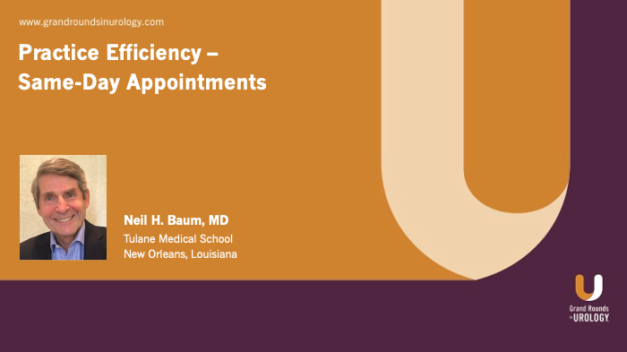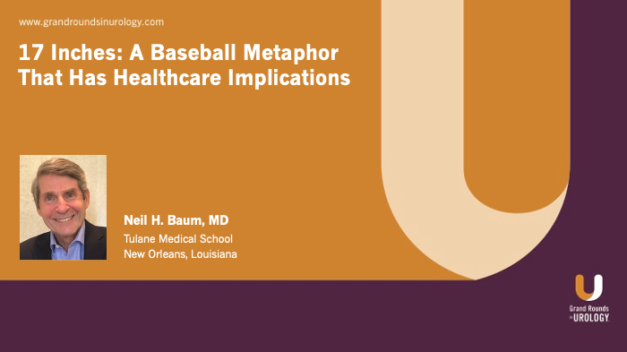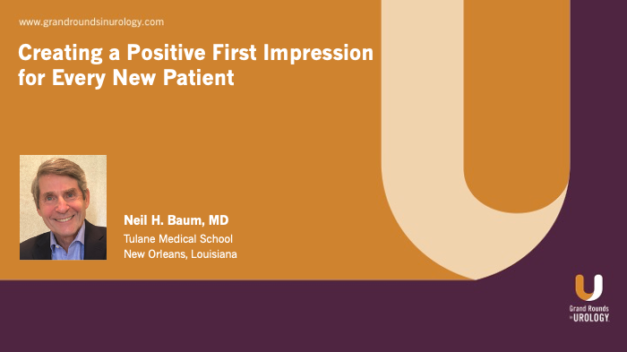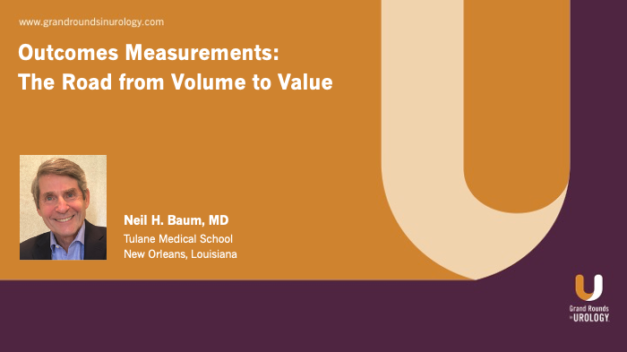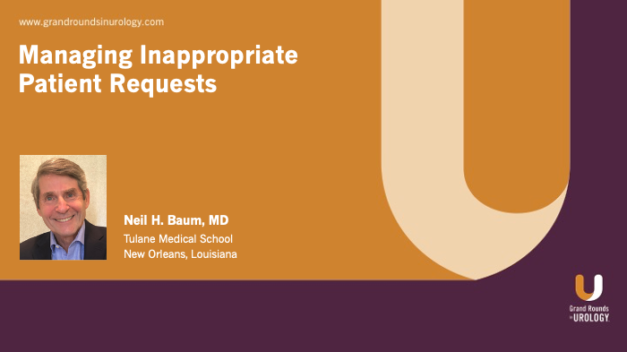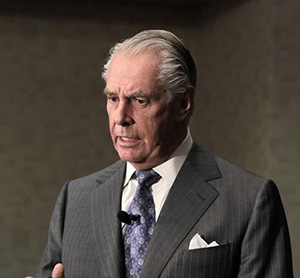Practice Efficiency – Same-Day Appointments
Grand Rounds in Urology Contributing Editor Neil H. Baum, MD, Professor of Urology at Tulane Medical School, touts the benefits of offering same-day appointments. He notes a recent downward trend in reimbursement rate, explains the need to increase volume of patients, and offers an implementation plan. Dr. Baum highlights two key components needed to manage same- or next-day appointments: a timely urologist and a willing staff. Front desk staff can increase appointment efficiency by preparing patients for their visit, reminding them to complete paperwork in advance, collecting fees prior to the visit, and explaining estimated costs and copays. It helps to keep a list of conditions requiring immediate care at the front desk, such as acute scrotal pain, urinary retention, and gross hematuria. Advantages of same-day appointments include improved patient satisfaction, reduction in no-shows, increased productivity, and great marketing for the practice. Dr. Baum adds that if the current appointment wait-time is two weeks or longer, creating openings in the schedule, in addition to a waitlist for earlier time slots, will allow the doctor to accommodate new patients and those in need of immediate care. While same-day appointments can initially disrupt the workflow and create stress for staff, doctors can overcome these challenges by seeking feedback, clarifying the purpose of same-day appointments, and offering monetary or verbal rewards for their staff’s flexibility.
Read More
